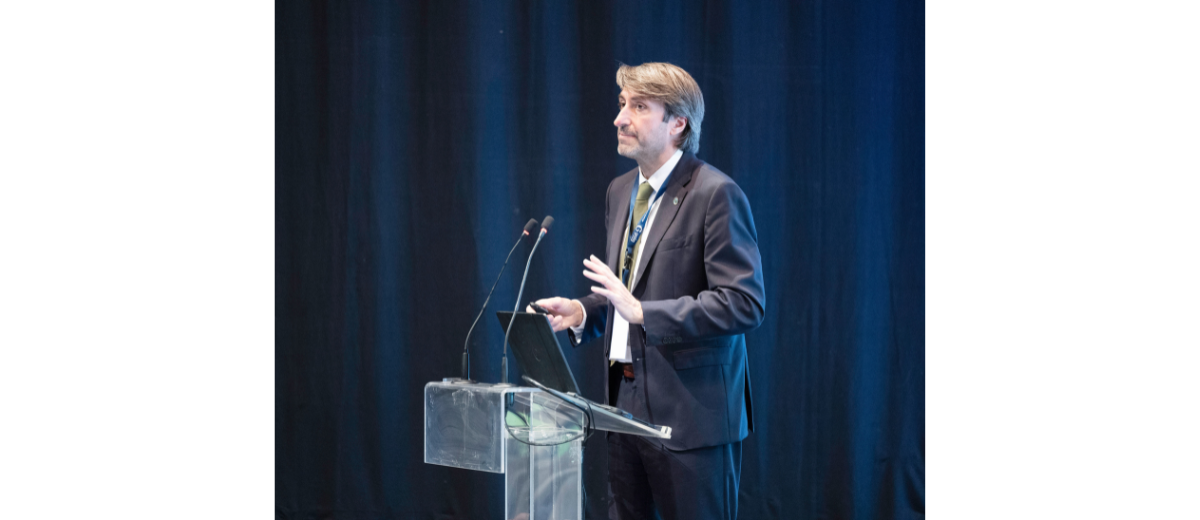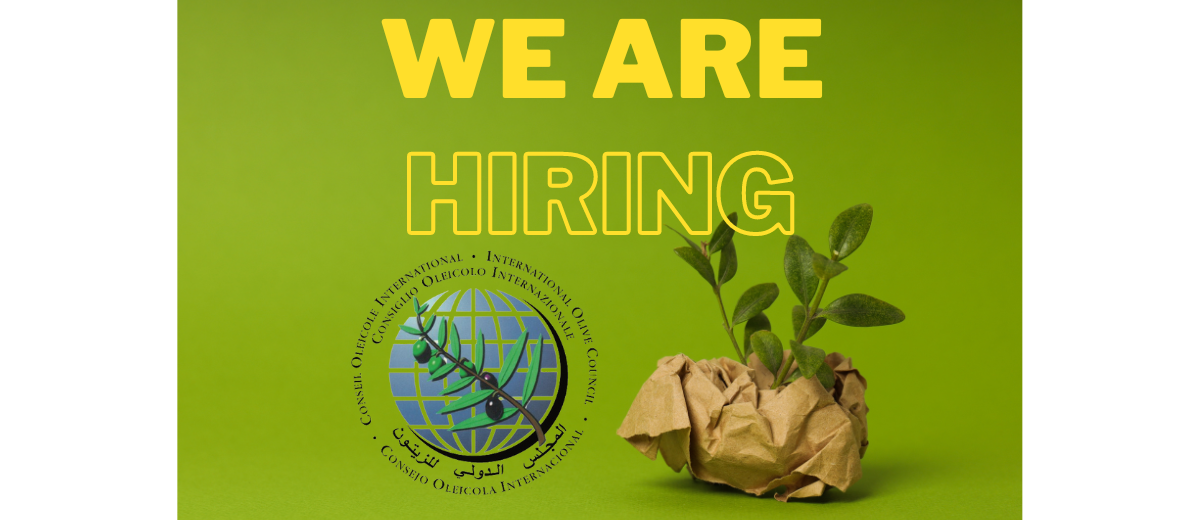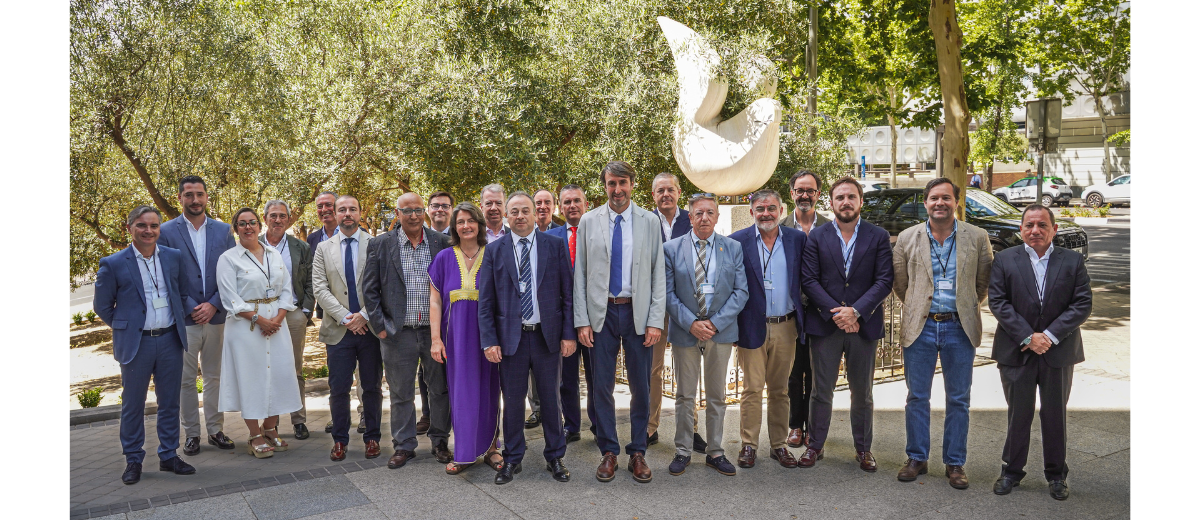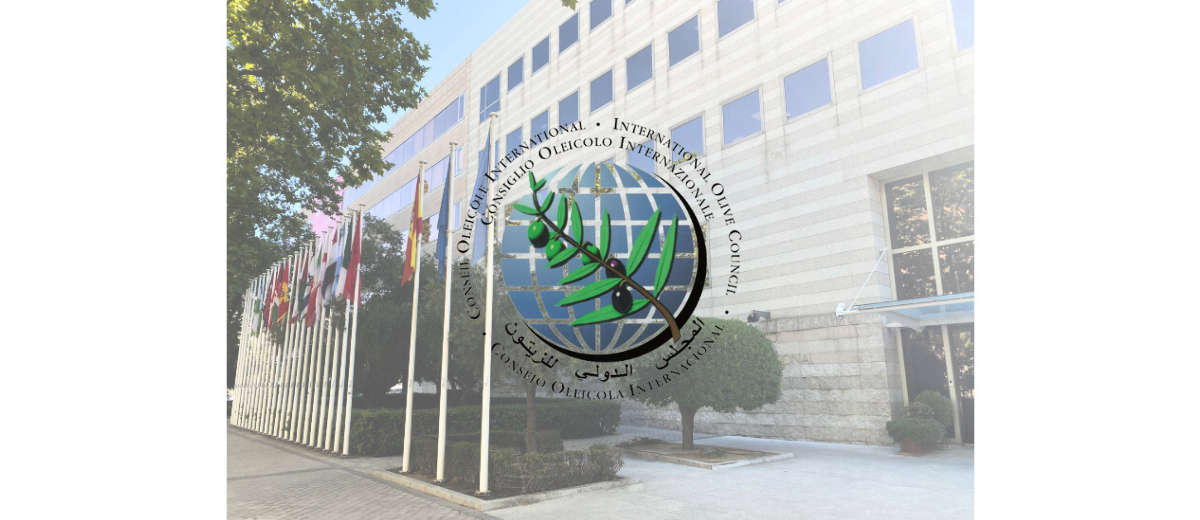Understanding agriculture’s current challenges and opportunities
Jaime Lillo, IOC Executive Director, participated in the 10th Panhellenic Congress on the Development of Greek Agriculture in Kalamata (Greece), last Friday, April 26th, organized by Gaia Epicheirein, an alliance of Greek agricultural cooperative associations. The congress brought together over 22,000 attendees in person and online, as well as 60 distinguished speakers from the Greek, European Union (EU) and international agricultural sectors. Under the broader theme “What kind of Common Agricultural Policy (CAP) do we want for Greece and the EU? The big challenges facing agriculture now and in the future”, Lillo participated in the inauguration session alongside several key speakers, including former Greek Prime Minister Antonis Samaras and current Minister for Rural Development and Food, Lefteris Avgenakis.
The IOC’s Executive Director also gave a keynote presentation on the topic “Policies and best practices for a sustainable and resilient olive oil & table olives sector: innovation, cooperation, market performance”, where he took stock of the current state of the global olive oil sector, analyzing current challenges and future opportunities for development. Other speakers in this session included Georgios Stratakos, Secretary General of the Greek Ministry of Rural Development and Food; Koen Dillen, Head of the European Commission’s Arable Crops and Olive Oil Unit and EU representative to the IOC; and Gennaro Sicolo, Vice-President of the IOC’s Advisory Committee.
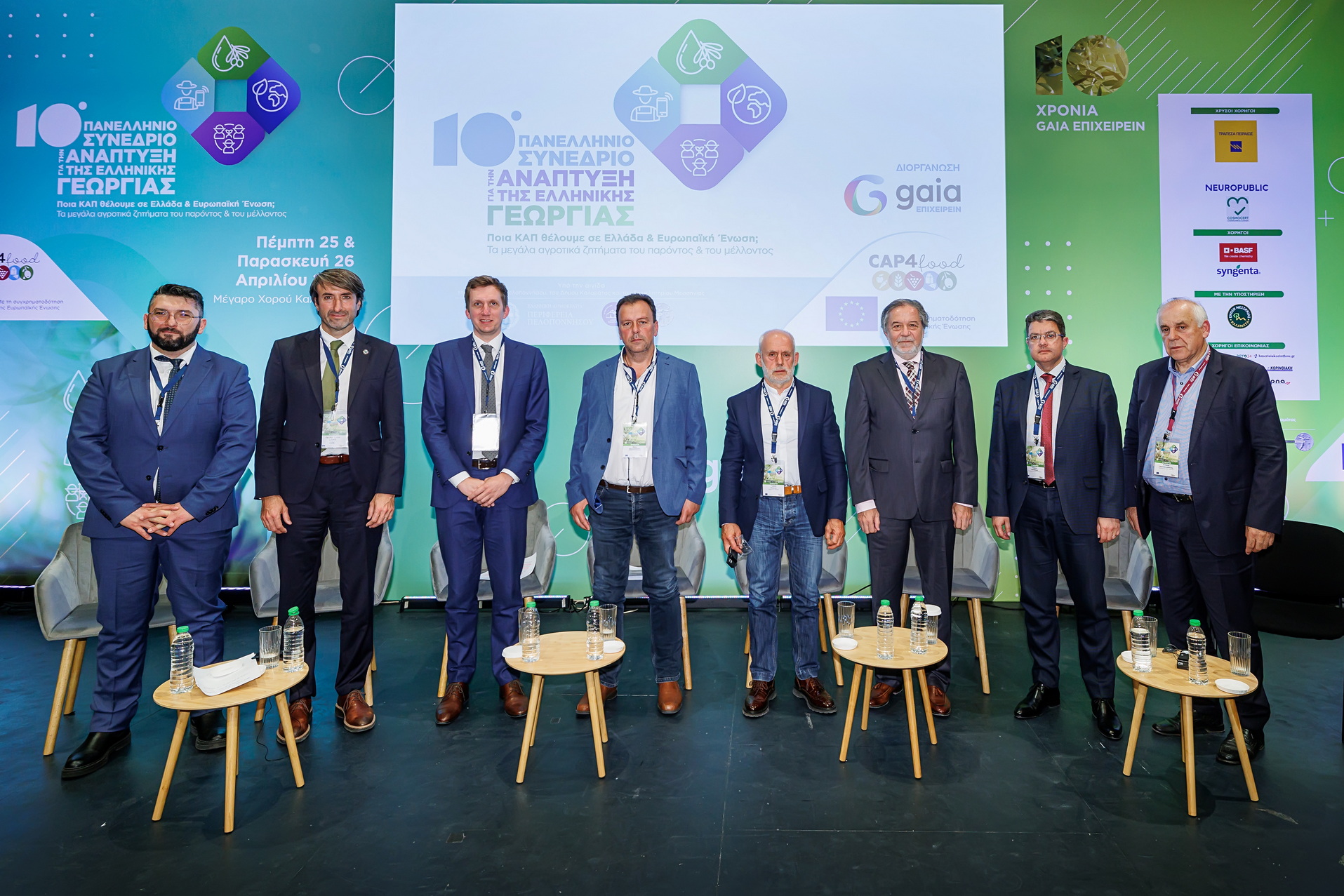
The congress was followed by a technical field visit to the olive orchards of the Union of Agricultural Cooperatives of Messinia, where attendees explored the implementation of smart farming and olive fly control practices. The agriculture-focused Greek magazine Efori Gi took the opportunity to interview Lillo on the occasion of his visit to this important olive producing country. The interview is available here.
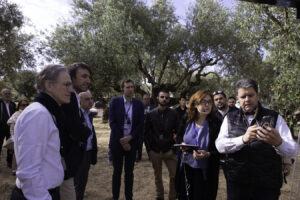 Greece, which is represented by the EU as an IOC Member State, is one of the world’s most important producers of olive oil and table olives, often participating in a diverse range of IOC activities aimed at enhancing the sustainable development of its olive sector.
Greece, which is represented by the EU as an IOC Member State, is one of the world’s most important producers of olive oil and table olives, often participating in a diverse range of IOC activities aimed at enhancing the sustainable development of its olive sector.
